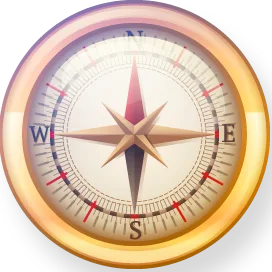TeachBlue!
An innovative Marine and Ocean Literacy Toolkit for early childhood teachers in the frames of the 14SDG - Conserve and sustainably use the oceans, seas, and marine resources

About The TeachBlue Project
The TeachBlue project will contribute to the development of an innovative future-oriented Toolkit targeting to support early education teachers’ initial and continuous professional development. It will give them all the knowledge, skills, and key competences needed to teach students from a very early age about marine and ocean literacy.
The Toolkit (WP2) will include a Teacher’s Curriculum & Handbook, a Teacher’s Guide on Educational Activities (Classroom and Fieldwork/Outdoor Activities), a Board Game, and 360⁰ underwater videos.
The development of the Toolkit will be based on the results of a State-of-the-art report (WP1) (desk research on the current state of Marine and Ocean Literacy on ECEC education in the EU, and field research on children’s Marine and Ocean Literacy knowledge, perceptions, and misconceptions).
A training (WP3) on ECEC teachers will follow which will have a two-fold purpose: teachers to become acquainted with the Toolkit and give feedback for modifications (First pilot-testing phase), and to prepare them for pilot-testing the Toolkit with students (Second pilot-testing phase).
The training will combine face-to-face and interactive virtual services (e-learning platform – LMS) as a digitized, online opportunity for training and learning. As part of the project, 5 kindergarten and school teachers from each TeachBlue project country will undergo a 5-day training internship at the Cyprus Marine and Maritime Institute.
Target Groups
- Teachers of children aged 4 to 8
- Students of teaching faculties
- Children aged 4 to 8 as final beneficiaries
- Teacher training centers
- Ecological education centers
- Non-governmental organizations dealing with environmental protection
- Universities, research institutions interested in increasing maritime awareness in early education
- Education and environmental decision-makers of each partner country, such as representatives of ministries of education and environmental teaching institutes, education inspectors, environment commissioners, etc.
Objectives
- O1. To investigate the current situation of Marine and Ocean Literacy on early childhood education through desk and field research
- O2.To develop and pilot-test an innovative future-oriented marine and ocean literacy Toolkit
- O3.To sustain training efforts in marine and ocean literacy to early childhood teachers
- O4.To raise awareness on the target groups, associated partners, relevant stakeholders, decision-makers on the importance of marine and ocean literacy starting from early ages.